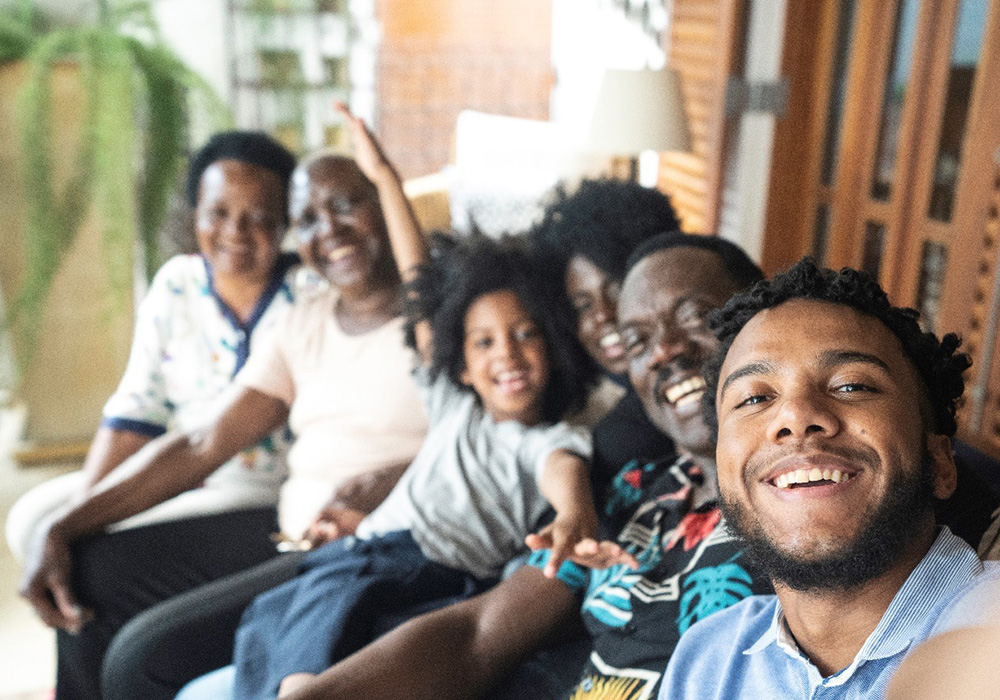Individuals with a larger family network and relatives with a cancer diagnosis are more likely to seek cancer screening or genetic testing, according to study findings researchers published in the Oncology Nursing Forum. The findings linked family size, cohesiveness, and history of cancer are important factors in determining an individual’s use of screening and genetic testing.
Researchers, including ONS member Memnum Seven, RN, PhD, conducted a descriptive, cross-sectional study of 170 individuals with a family history of common familial cancers (breast, ovarian, and colorectal) in a first- or second-degree relative. Of the participants, 78% were non-Hispanic, 71% were White, 62% self-identified as female, 60% were employed, and 41% had some college education.
Participants responded to online survey with questions about family history of cancer, cancer-related behaviors, demographics, family social characteristics, and community social characteristics. Among female participants, 34% were screened for breast cancer and 49% for cervical cancer. In all participants, 19% underwent colorectal cancer screening, 12% were screened for lung cancer. A total of 30% had received genetic counseling and genetic testing; the most commonly cited reasons were to benefit the family’s future (39%) and inform future healthcare decisions (39%).
Researchers analyzed participants’ family network characteristics and cancer screening uptake and found that greater family cohesiveness and family members undergoing screening were associated with increased screening for breast cancer. For colorectal cancer screening, a greater number of family members with cancer was associated with higher likelihood of participant screening. Finally, larger family social networks were associated with increased motivation to seek genetic testing.
As one of the first studies focused on family members of individuals with a personal history of common hereditary cancers, it “has the potential to inform future research and practices in cancer screening and cascade genetic testing among individuals with a family history of cancer,” the researchers concluded. They recognized oncology nurses’ role in identifying at-risk individuals to refer to genetics counseling and possible genetic testing, as well as community education and advocacy.
Find tools to use in patient education as well as oncology nursing resources on genetic testing and biomarkers in the ONS Genomics and Precision Oncology Learning Library.






